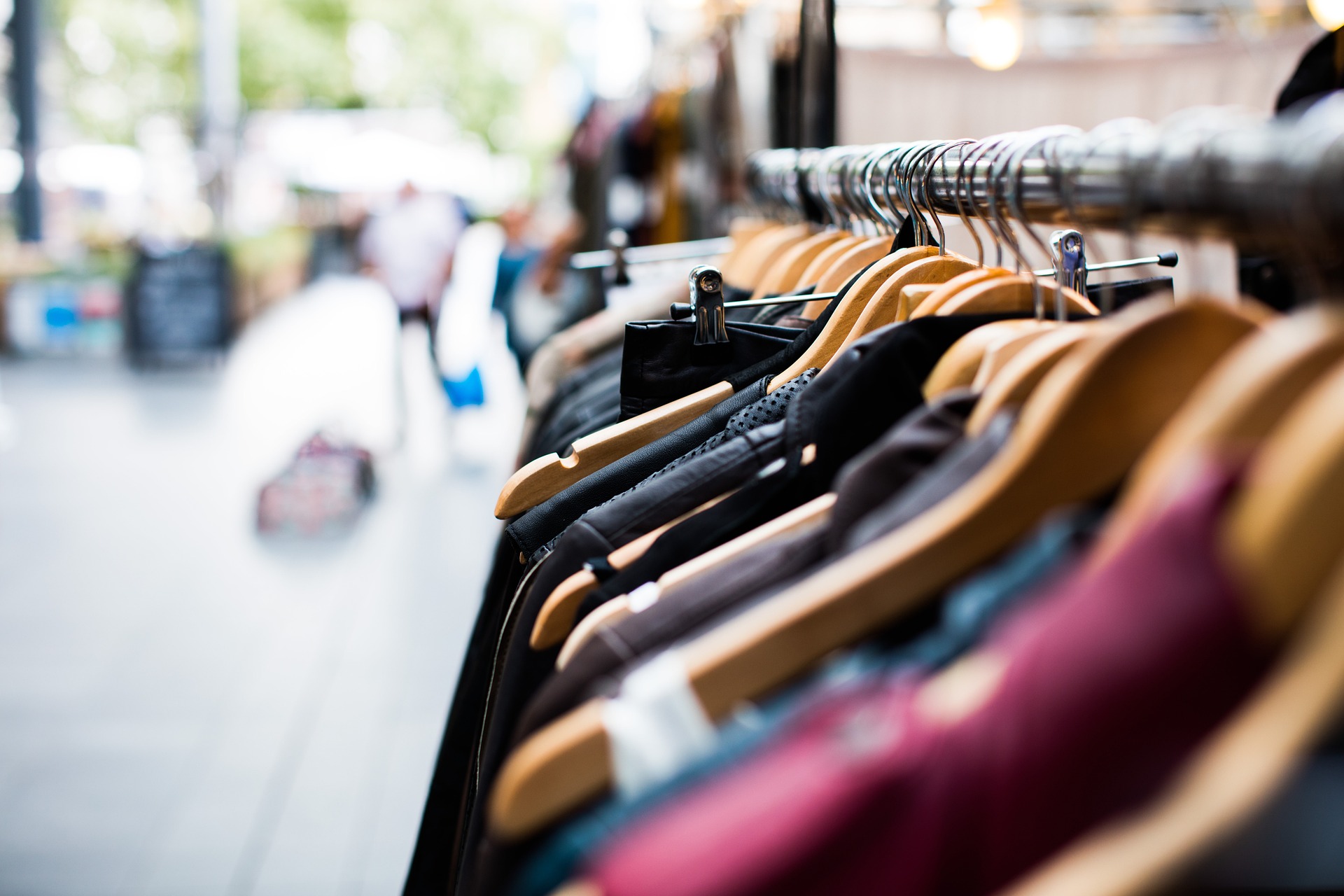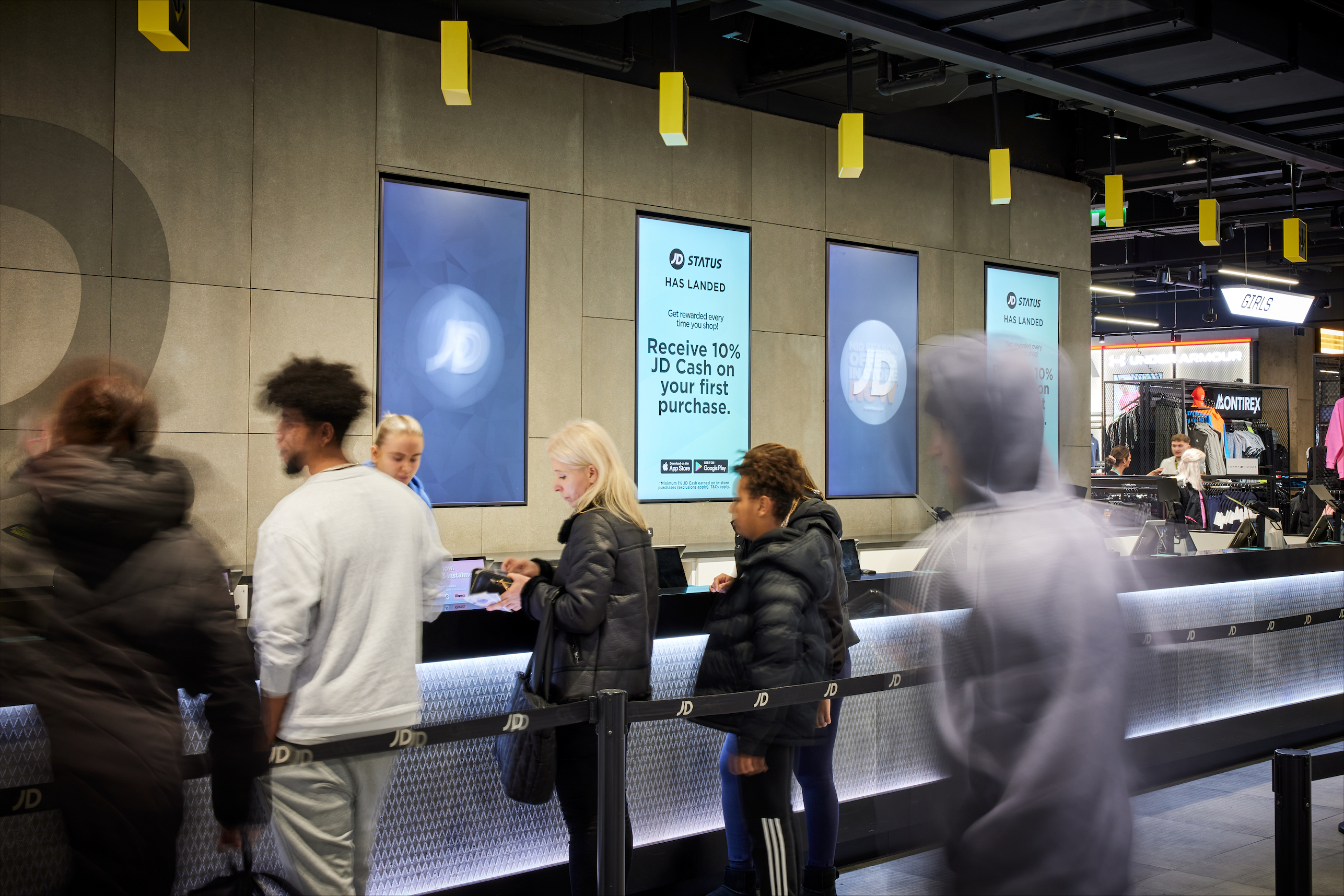The British police is creating a new specialised team to crack down on the organised crime gangs it says are behind many of the shoplifting incidents happening across the UK.
On Monday, policing minister Chris Philp chaired a meeting with senior police officers and 13 of the UK’s largest retailers to launch a new Retail Crime Action Plan.
The move comes after UK retailers demanded the government tackle rising rates of retail crime and make assaulting or abusing a retail worker a standalone offence.
Over recent months, many stores have been forced to step up their security measures and roll out body cams for staff on the shop floor.
The National Police Chiefs’ Council (NPCC) said that under the new plan it is improving the way retailers can share intelligence with police to better understand the tactics used by organised criminals by launching a new information sharing platform and introducing training for retailers.
The organised crime crackdown is part of an initiative called Pegasus, which will work alongside the new action plan.
The police says that the majority of funding for the scheme will go towards creating a dedicated team of specialist analysts and intelligence officers to work within OPAL – the national policing team that oversees intelligence on serious organised acquisitive crime.
Additionally, the Retail Crime Action Plan includes a pledge from police to prioritise urgently attending the scene of shoplifting instances involving violence against a shop worker, where security guards have detained an offender or where attendance is needed to secure evidence.
The NPCC said that police attendance will be assessed based on risk, with prolific or juvenile offenders treated with "elevated priority".
Crime and policing minister Chris Philp said that he wants a new "zero-tolerance" approach to tackling shoplifting, describing it as a blight on High Streets and communities.
“While it is encouraging to see a 29 per cent increase in charges for shoplifting in the past year, the rise in offending is unacceptable and there is much more to do to stop it happening in the first place," added Philp.
The police has also reaffirmed its promise to follow up on any evidence that could "reasonably lead to catching a perpetrator", with forces increasing patrols in badly affected areas.
The plan includes advice for retailers on how to provide the best possible evidence for police to pursue in any case, making clear they should send CCTV footage of the whole incident and an image of the shoplifter via the digital evidence management system "as quickly as possible" after an offence has been committed.
If CCTV or other digital images are sent to police officers, they will run this through the Police National Database using facial recognition technology.
“Dealing with retail crime requires a multi-faceted approach and through the launch of Pegasus, plus the Retail Crime Action Plan, we have bolstered the policing response to tackling offenders and supporting retailers in reducing shoplifting and attacks on retail staff," said chief constable Amanda Blakeman, the NPCC lead for acquisitive crime. “We welcome the collaboration between retailers, police and crime commissioners and policing through Project Pegasus which centralises intelligence and enhances our ability to identify and tackle the groups involved."
Latest News
-
Deliveroo to offer flexible funding for UK restaurants
-
Asda names B&Q marketing executive to lead brand strategy
-
BRC ‘cautiously optimistic’ as decline in retail footfall slows
-
Co-op to offer member prices on Just Eat
-
Debenhams first UK retailer to roll out PayPal’s agentic AI assistant
-
Starbucks installs new payment tech in 943 European stores
Beyond Channels: Redefining retail with Unified Commerce
This Retail Systems fireside chat with Nikki Baird, Vice President, Strategy & Product at Aptos will explore how unified commerce strategies enable retailers to tear down these barriers and unlock new levels of operational agility and customer satisfaction.
The future of self-checkout: Building a system that works for consumers and retailers
In this webinar, industry leaders discussed what the future of self-checkout looks like and how retailers can make the technology work for everyone.
© 2024 Perspective Publishing Privacy & Cookies




.jpg)





Recent Stories